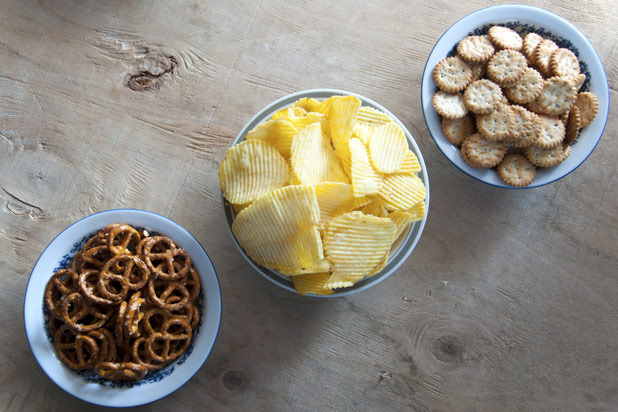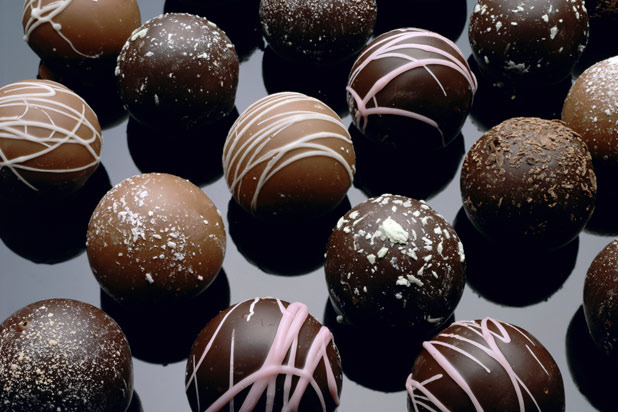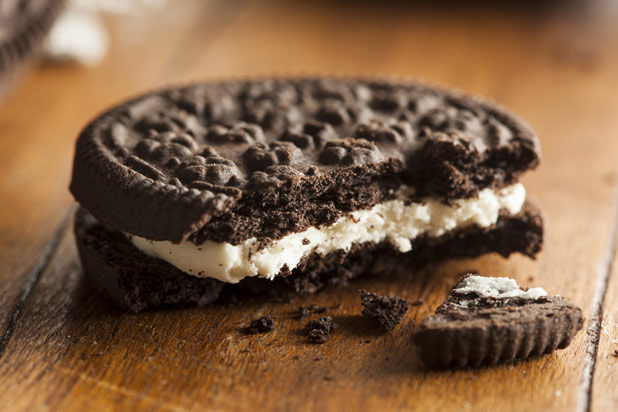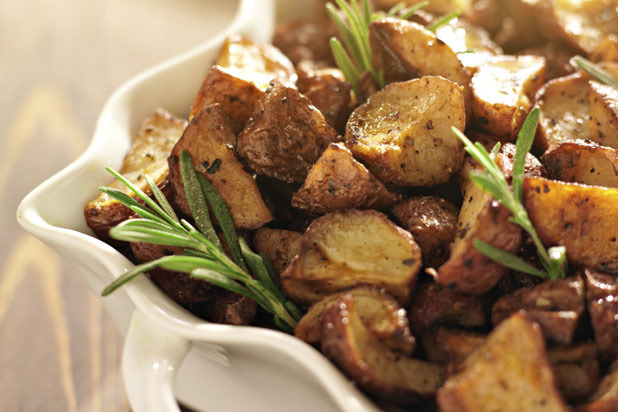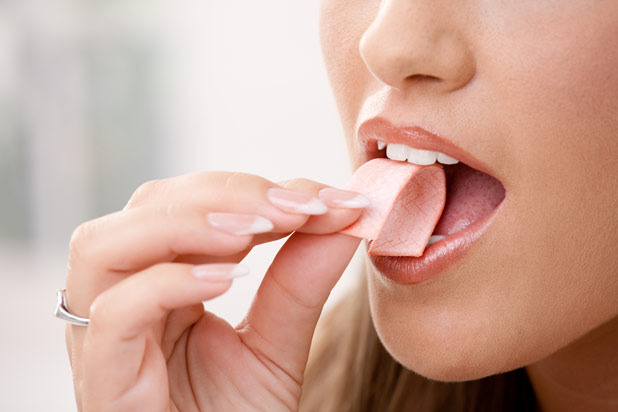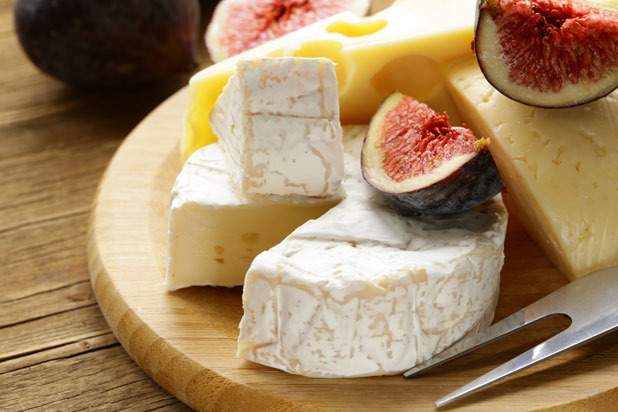9 Foods You Didn't Realize You're Addicted To (Slideshow)
Eating carbohydrates like bread and pasta releases dopamine in our brains, giving us a natural high and stimulating the same pleasure centers that cocaine and heroin do. We crave carbs just like drug addicts crave their next fix, and there's even such a thing as carb withdrawal, which usually manifests itself with headaches, anxiety, and irritability.
Salty Snacks
"Salty" is one of the five basic tastes we can sense, along with sweet, sour, bitter, and umami. Salty things taste good, and when we eat something that tastes good it triggers the pleasure and reward centers in the brain. No reason to stop doing something that makes us feel good, right? Your brain agrees.
Chocolate
Chocolate releases serotonin into our bloodstream, making us happy and elevating our mood and even our sexual desire. Many women report craving chocolate on a monthly basis, meaning that there may be a hormonal link.
Oreos
According to a recent study on rats, Oreos triggered a larger neurological response than cocaine did. Bet you can't eat just one!
Potatoes
Have you ever tried to eat just a French fry or two, only to discover that the next thing you knew the whole plate was gone? That's because most potato preparations are quite salty, with the triple whammy of starch, salt, and sometimes crunch. Your best bet is to remove them from your sight after having a small amount.
Chewing Gum
Gum isn't just to keep our breath fresh; some people are legitimately addicted to it, especially the sugary kind. Have a habit of biting your nails? It's the same thing with gum: repeated activities can become compulsive habits over time.
Sugar
When sugar enters our bloodstream, serotonin is released, stimulating our brain's pleasure centers, and the pancreas releases insulin, which converts the sugar into energy. Not only does this give us a "sugar high," but the insulin also makes our bodies store more fat. Cut sugar entirely out of your diet and you'll most likely experience some withdrawal symptoms; it happened to rats during a Princeton University study.
Cheese
Cheese is certainly tasty, but that's not all that's luring us back to the cheese tray. A 1981 study found that milk contains a small amount of morphine, most likely to help a baby bond with its mother, and this opiate is also present in cheese. Casein, a protein found in cheese, also contains a mild opiate.
Junk Food
Fat also affects the brain's pleasure centers, boosting our mood as we enjoy that bacon cheeseburger. When paired with salt, it's all over. We surrender to our greasy, salty, crunchy overlords.

